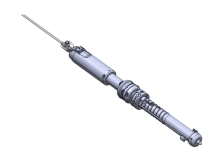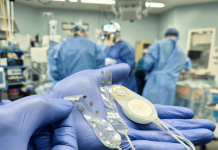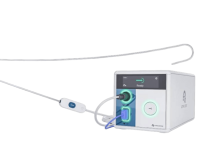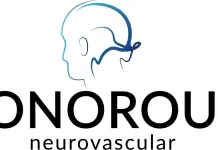BrightHeart’s AI-based software for prenatal congenital heart defect (CHD) screening has demonstrated promise in two new studies.
The French company’s AI software received 510(k) clearance from the US Food and Drug Administration (FDA) in November 2024. It analyses foetal ultrasound images, detecting subtle abnormalities in the heart structure during prenatal scans to identify potential signs of CHDs in a foetus.
Related: Patient enrollment underway for STIMIT’s diaphragm neurostimulation device
In the first study of 200 prenatal ultrasound exam datasets, BrightHeart’s AI software improved detection rates with a 15.3% increase in sensitivity. The software also improved efficiency, with an 18% reduction in reading time among specialists.
Analysing a total of 877 ultrasound exams, the second study demonstrated that BrightHeart’s AI software could reach conclusions for 98.8% of exams, with the software identifying exams with signs associated with severe CHD at a sensitivity of 98.7%.
Dr Jennifer Lam-Rachlin, maternal foetal medicine assistant professor at Icahn School of Medicine at Mount Sinai Hospital/Mount Sinai West Hospital and director of foetal echocardiography at Carnegie Imaging for Women, served as lead author of the studies.
“Our early exposure to the BrightHeart AI software through these research studies has already had a positive impact on our centre,” said Lam-Rachlin.
“As AI continues to transform ultrasound care, BrightHeart’s findings highlight its ability to optimise foetal heart evaluation, streamline workflows, and improve prenatal diagnostics.”
BrightHeart’s AI software, along with the study findings, was unveiled at the 2025 Society for Maternal-Fetal Medicine (SMFM) Pregnancy Meeting, which is taking place in Colorado, US, until 1 February.
BrightHeart CEO Cécile Dupont commented: “The results presented at SMFM 2025 underscore BrightHeart’s unwavering commitment to innovation in maternal-foetal care.
“This technology has the power to transform clinical practice, making expert-level diagnostics accessible to all, regardless of location or specialist availability.”
The identification of CHD reflects a high global unmet need, with CHDs affecting one in 100 live births. However, with 70% of cases requiring treatment in the first year of life, more than 90% of cases in low-income and middle-income countries receive no treatment or suboptimal treatment. As a result, research indicates that CHDs are responsible for 66% of preventable deaths due to congenital malformations in low- and middle-income countries.




